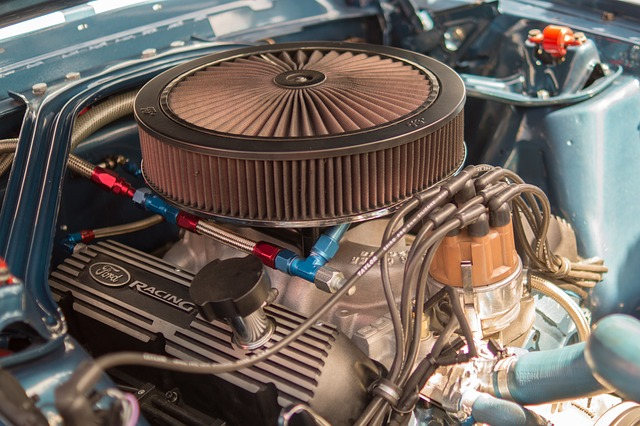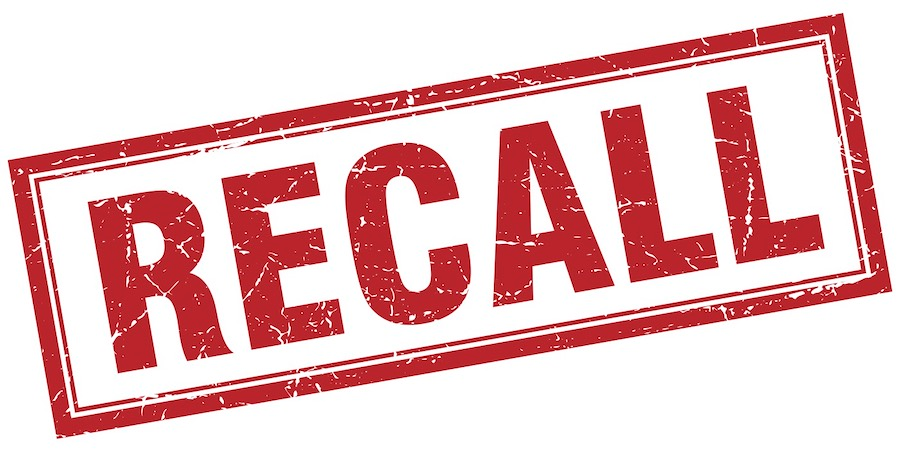
Are you worried about your car getting a recall? It’s an unsettling thought, especially if you’re not sure what to do next. But don’t worry – we’ve got you covered! In this article, we’ll provide a step by step guide on what to do if your car gets a recall. From understanding why the recall happened in the first place, to finding out whether or not it applies to your vehicle; there are plenty of things that need to be taken into consideration when dealing with a car safety recall. We’ll help make sense of it all and give you peace of mind knowing exactly what needs to be done. So buckle up and get ready for some helpful advice – let’s get started!
Click here to check for current Honda recalls.
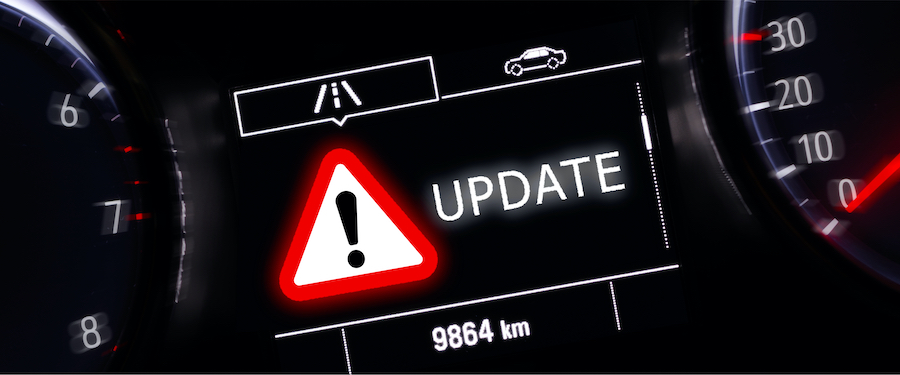
What Is A Safety Recall?
Have you ever heard of a safety recalls? You may have thought that it was something related to seat belts or the seat belt buckle. But in fact, safety recalls are much more than that! A safety recall is when an automotive manufacturer issues a public announcement regarding a defect or potential hazard with one of their vehicles. It could be anything from faulty airbags to malfunctioning brakes – whatever the issue, vehicle owners must take action to address the safety recall immediately for the sake of their own safety and well-being. With this knowledge, let’s move onto how do I know if I have any open safety recalls?
Click here to see open safety recalls.
How Do I Know If I Have A Recall?
The first step in learning if your car has a recall is to check the recalls. The National Highway Traffic Safety Administration (NHTSA) and other manufacturers provide information about any recently announced safety recalls or vehicle recalls on their websites for consumers to review.
In addition, you can contact your local dealership or manufacturer to find out if there are any recent recalls that may affect your model of car. They will be able to tell you whether your particular make/model needs a repair due to safety concerns.
Take action immediately if you suspect something is wrong with one of these components as ignoring a potentially hazardous problem could result in unsafe driving conditions and even cause adverse health consequences or death. Transitioning into next section: What reasons can my car be recalled?
What Reasons Can My Car Be Recalled?
If you’ve already identified that your car is subject to a recall, it’s important to understand why. Recalled vehicles typically fall into one of two categories: either due to some kind of manufacturing issue or because of an ongoing concern from the National Highway Traffic Safety Administration (NHTSA). In order to determine which category applies to your particular vehicle, start by using a VIN lookup tool like this: Vehicle Identification Number (VIN) in the NHTSA database.
Manufacturing issues are usually caused by faulty parts or incorrect assembly and can be anything from airbags not deploying correctly during a crash to seat belts not meeting safety standards. It’s important for manufacturers to identify these potential defects before they become dangerous as failure to do so could lead to injury or death. The NHTSA will investigate complaints about recalled vehicles and may require certain changes be made in order for them to meet safety regulations.
The other main reason cars get recalled is due to an ongoing investigation initiated by the NHTSA based on their own research. This might include widespread problems with a certain make and model such as Honda seat belt recalls or specific types of part failures like brake light switches, steering wheel issues, and faulty components that leak brake fluid. If this type of recall affects your vehicle, the manufacturer must take steps to fix the problem free of charge regardless of how old the car is.
It’s important for drivers and owners alike to stay informed about any recalls that may affect their vehicles as prompt action taken in response can keep everyone safe when traveling on public roads. Taking proactive steps now can help ensure no unpleasant surprises later down the road.
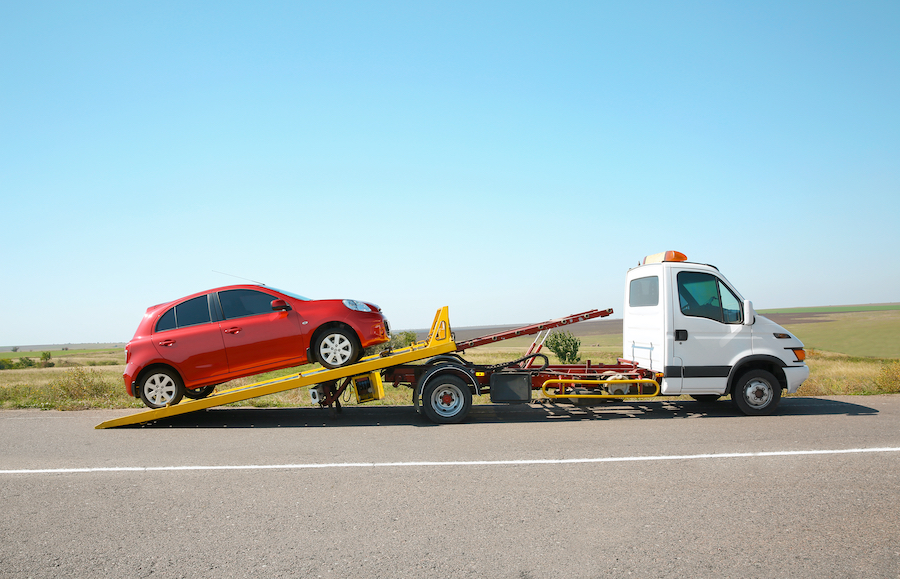
What Do I Do When My Car Gets Recalled?
When a recall is issued for a car, it’s important to take the appropriate steps in order to ensure that your vehicle is safe and running properly. To help make this process easier, we’ve created a step-by-step guide on what to do if your car gets recalled.
Check the National Highway Traffic Safety Administration (NHTSA) website or contact your local dealership for more information about the recall. Once you know which parts are affected by the recall, you can determine who needs to be contacted and how much work needs to be done.
The next step is to schedule an appointment with your local repair shop or dealership. If there’s no cost associated with fixing the problem then they will likely provide free repairs; however, some recalls may require payment from the owner of the vehicle. The technician will inspect your car and replace any faulty parts necessary according to the manufacturer’s instructions. They may even suggest additional service, such as fluid refills or checking other components related to the issue.
Once all of the necessary repairs have been made, you the registered owner should receive confirmation paperwork stating that everything has been taken care of correctly. With this document in hand, you can rest assured knowing that your vehicle is once again roadworthy!
Do I Have To Pay To Get A Recall Fixed?
Sometimes, life throws us a curveball – and getting a recall notice on your car might be one of them. While it can feel like an inconvenience to have to take time out from your busy day to bring in your specific vehicle for repair, the good news is that you won’t have to pay anything out of pocket when it comes to getting the work done.
The issue will be fixed by the manufacturer at no cost if there’s a recall issue. In some cases, they may even cover any related labor costs incurred during the process as well. So while recalling your car is certainly not ideal, know that you don’t need to worry about shelling out more money than you already have.
Keep in mind, however, that regardless of whether or not it’s addressed through a recall fix, any issues with your vehicle should always be taken seriously and addressed promptly.
Should I Stop Driving My Car If I Get A Recall Notice?
If you get a recall notice in the mail, it is important to take action. The first step should be to stop driving your car immediately and contact the manufacturer or dealership. This is especially true if the recall notice indicates that there could be potential safety issues with your vehicle. Depending on the severity of the issue, they may suggest bringing your car into their shop right away for inspection and repair. It’s also important to ask questions so you understand why this recall was issued and what steps need to be taken next. That way, you can make sure everything gets done correctly and safely.
Where Can I Get A Recall Fixed?
After you’ve decided to take action on your car recall, the next step is figuring out where to get it fixed. Depending on what type of recall notice you receive, there are a variety of options available to you.
First, if your manufacturer has an authorized repair facility in your area, they should be able to help with repairs and parts replacement. In addition, many dealerships offer factory-certified technicians who can work on recalls for free or at reduced rates.
Second, some auto repair shops have special relationships with manufacturers that allow them to provide discounted services for recalled vehicles. If this is an option for you, check with local mechanics and independent garages before scheduling any service appointments.
Finally, you may be eligible for reimbursement from the manufacturer if you choose to pay for the repair yourself. This can vary depending on the specific recall situation; contact your manufacturer’s customer service department for more information about potential reimbursements.
What Should I Do If My Car Recall Cannot Be Fixed?
If your car recall cannot be fixed, you may have a few options. First, you can contact the manufacturer and discuss what they are willing to do for you. This could include offering reimbursement or providing assistance in finding an alternative solution. Second, depending on the severity of the issue with your vehicle, it might be possible to continue driving without fixing it right away.
However, this should only be done if it is safe and does not pose any risk to yourself or other drivers on the road. Finally, if all else fails, you may need to have your car towed to a mechanic who specializes in recalls and have them assess the problem so that they can determine whether or not it needs immediate attention. Transitioning into next section: If these solutions don’t work out, then the big question remains – do I have to get my car recall fixed right away?
Do I Have To Get My Car Recall Fixed Right Away?
It’s important to act quickly when it comes to dealing with a car recall. The answer is, yes, you should get your car repaired as soon as possible. Whether that means contacting the manufacturer directly or taking your vehicle into an authorized service center, you’ll need to take care of it right away.
No matter how inconvenient it might seem now, properly addressing a recall is essential in ensuring both yours and other drivers’ safety while on the road. Delaying repairs could put yourself and others at risk of injury or even death. So don’t wait—get started on getting your car fixed today!
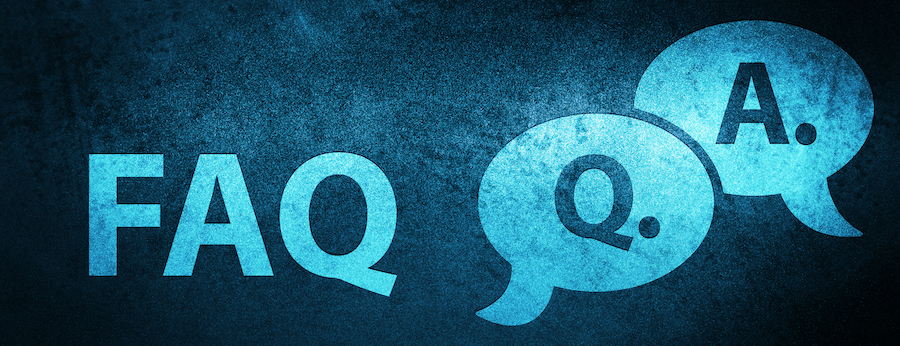
Frequently Asked Questions
How Long Does It Take To Fix A Recall?
It is a common misconception that car recalls are only necessary for major mechanical repairs. In fact, many times they may only require a simple software update or a minor adjustment to an existing part. But how long does it take to fix a recall?
The answer depends largely on the complexity of the repair and the availability of parts required to complete the job. Generally speaking, most recalls can be completed in relatively short order if all of the necessary parts are available. However, some high-level repairs could take longer due to their more complicated nature:
If there is just a software update needed, this should generally not exceed 1 hour for most cars.
For complex engine work – such as replacing faulty components – can range from 2 hours to days depending on what’s involved.
Ultimately then, while your average automotive recall may be done fairly quickly and without much fuss, more intricate jobs will likely take longer due to their complexity and difficulty obtaining relevant parts. Therefore when considering any potential recalls on your vehicle it’s important to factor in both time at the shop plus waiting time for locating any specialised materials.
What Happens If I Don’T Get My Car Recall Fixed?
If you don’t get your car recall fixed, it can be a big problem. Depending on the type of recall, failure to address it could result in serious safety issues and even legal trouble down the line. It is important to understand what happens when you choose not to fix a recalled vehicle so that you can make an informed decision about how best to proceed.
Ultimately speaking, ignoring a car recall puts yourself and others at risk. Therefore it is always recommended that you follow through with all necessary repairs outlined by your manufacturer’s instructions. This will ensure that your vehicle remains safe for use on public roads and complies with local laws regarding auto repair standards.
Is It Possible To Appeal A Recall Notice?
It is possible to appeal a recall notice, but it depends on the circumstances. Generally speaking, an owner of a recalled vehicle can submit an appeal if they believe their car does not meet the criteria for safety repairs outlined in the recall notice. If successful, this could result in a partial or full exemption from performing any necessary repairs identified by the manufacturer.
If your appeal is accepted then no further action needs to be taken on your part. However, if it is rejected then you must take immediate steps towards rectifying whatever issue has been identified within your vehicle according to the timeline specified in the initial recall notification. Failing to do so could result in serious legal repercussions depending on where you live, so it’s important that all recommended actions are followed regardless of whether or not you’ve attempted an official appeal.
Are There Any Alternatives To Getting A Recall Fixed?
It’s a question that many of us probably don’t want to ask – are there alternatives to getting a recall fixed? You’d think the answer would be an easy ‘no’ but strangely, it may not always be so. Yes, you can appeal a recall notice and even if your appeal fails, there could still be other options for fixing recalls on cars.
Here is what you need to consider when looking into alternatives:
Research the specifics of your particular vehicle make and model;
Make sure you understand how different components interact with one another;
Determine which replacement parts might be suitable as alternatives;
Confirm their compatibility before purchasing them.
So while appealing a recall may not seem like an ideal solution for everyone, it is worth considering whether or not there are feasible alternatives available when dealing with car recalls. In fact, taking this route may actually save time and money in the long run – something we can all appreciate!
Is There Any Way To Check If My Car Has A Recall?
It’s important to check if your car is subject to a recall. A recall indicates that a certain make or model of car may be unsafe and needs to be serviced by the manufacturer. Knowing whether your car has been recalled can help you determine what steps need to be taken in order to ensure its safety.
There are several ways you can find out if your vehicle has an active recall:
Check with the National Highway Traffic Safety Administration (NHTSA): The NHTSA provides an online database where you can search for any recalls associated with your specific make and model of car. They also have helpful toll-free numbers available for further assistance.
Contact Your Dealer: You can contact the dealership from which you purchased your vehicle, as they often keep track of all current recalls associated with their cars.
Research Online: Many manufacturers provide online resources dedicated solely to auto recalls related to their vehicles. It’s worth doing some research on the company’s website before contacting them directly about any potential issues.
By taking these measures, you’ll be able to quickly identify if there are any existing recalls that could affect your car, allowing you take action immediately should one arise. This will allow you peace of mind knowing that your vehicle is safe and reliable when it comes time for repairs or maintenance due to a recall.
Conclusion
In conclusion, it’s important to take recall notices seriously and not ignore them. Failure to address a recall can result in serious consequences for both you and your car. When faced with a recall notice, there are several steps that should be taken in order to ensure the safety of yourself and others on the road.
Latest Honda Recalls
According to the U.S. National Highway Traffic Safety Administration, Honda is recalling a variety of its recent SUV models and light vehicles due to an issue with the driver and front passenger seatbelts. The problem is caused by a buckle channel that was manufactured out of specification, resulting in interference between the buckle channel and the release button. This interference increases friction and could lead to latching issues, which can leave occupants more vulnerable to injury. Honda noted in its report that the buckle channel surface coating may deteriorate over time and the release button may shrink against the channel at low temperatures.
Honda models under recall include:
2017-2020 Honda CR-V
2018-2019 Honda Accord
2018-2019 Honda Accord Hybrid
2018-2020 Honda Odyssey
2019-2020 Acura RDX
2019 Honda Insight
Recently, Honda reported a total of 301 warranty claims for this specific issue from as far back as March 2019 and as recently as January 2023. According to the NHTSA report there have been no injuries or deaths associated with the faulty seatbelts.




